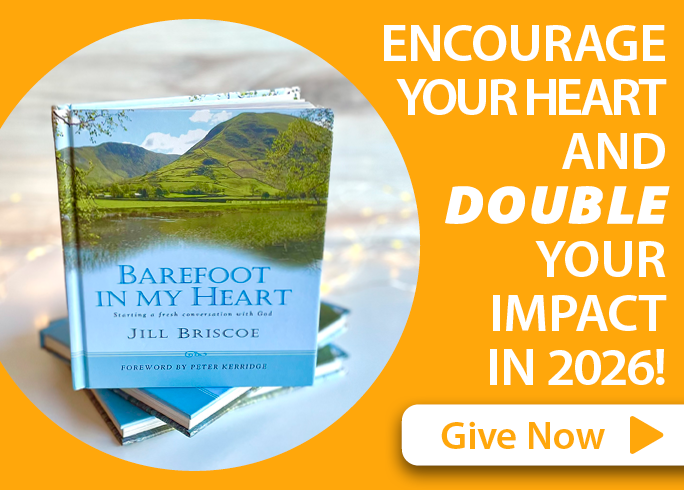I love you, LORD; you are my strength. - Psalm 18:1
In Shakespeare’s play Othello, when the wealthy senator of Venice learned that his beloved daughter had secretly married a Moor (a man of African descent), he was outraged. But realizing that he was powerless to undo what she had done, the senator listened to the advice of the Duke, who said, “The robb’d that smiles steals something from the thief.” So, as we would say, he decided to “grin and bear it!” But then his daughter said that her allegiance was now to her husband rather than her father. No doubt smarting, the senator said,
Words are words; I never yet did hear
That the bruis’d heart was pierced through the ear.
Recognizing the emotional state the senator was in, we must cut him some slack. But can we agree that “words are words” in the sense that they are merely sounds that emanate from the larynx? That the heart is not touched, bruised, lifted, or smitten by words? Surely not. Words can be weapons to wound, medicine to heal, a messenger to convey good news, or an instrument to play a happy tune.
David, the psalmist, knew this when, in a high state of emotion on the day he was finally rescued from his relentless enemies, he wrote in simple, plain, unambiguous words, “I love you, Lord” (Ps. 18:1). Not content with that, however, David then used words—picturesque, pointed words—to explain what he thought of the Lord: “The Lord is my rock, my fortress, and my savior, my God is my rock, in whom I find protection. He is my shield, the strength of my salvation, and my stronghold” (18:2).
David could simply have stated that he had gone through hard times. Instead, he wrote, “The ropes of death surrounded me; the floods of destruction swept over me. The grave wrapped its ropes around me; death itself stared me in the face” (18:4-5). And his description of the Lord’s response was dramatic and memorable, written in terms of an earthquake, fire, storm clouds, lightning, and thunder (18:7-19). David used such words so that the choir could sing them to the people. Then they, too, would have their hearts inflamed with love for the Lord as they envisioned him, the invisible one, as a rock, a shield, a stronghold, a fortress. They would be moved as they “felt” the pain David had endured and “saw” the Lord’s earth-moving response.
We use words, too. But to what effect? To praise, to wound, to heal, to enthuse? Watch your words. Say “words are words” if you will. But words are wonderful.
For Further Study: Psalm 18:1-25
Excerpted from The One Year Devotions for Men, Copyright ©2000 by Stuart Briscoe. Used by permission of Tyndale House Publishers. All rights reserved.
For more from Stuart Briscoe, please visit TellingtheTruth.org.
SPECIAL OFFER



